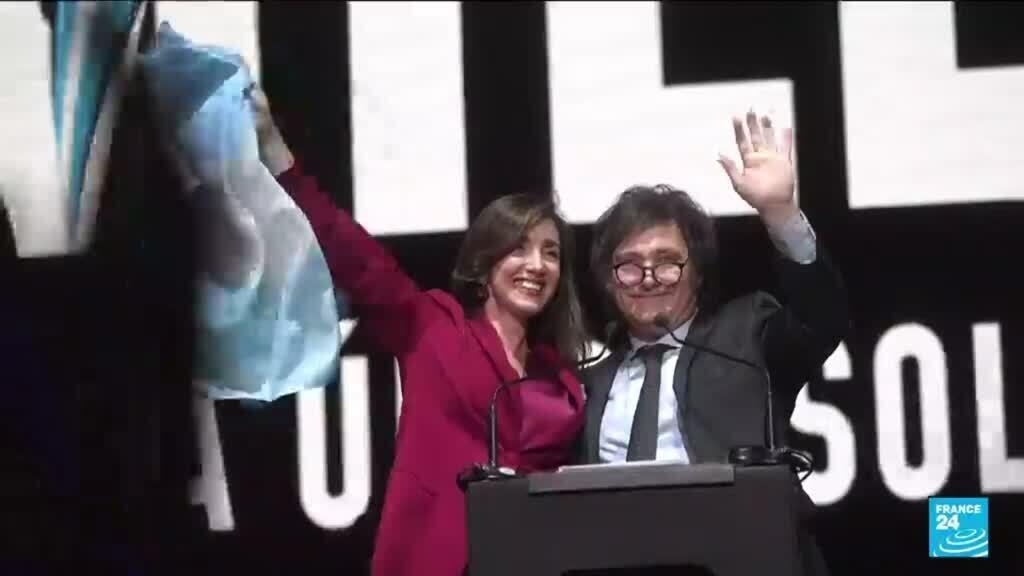Vatican rules some transgender people and babies of same-sex couples can be baptized
A new ruling by the Vatican’s doctrine department has opened the door to Catholic baptism for transgender people and babies of same-sex couples.
The new rules, dated October 31, come from a set of questions, or dubia, submitted to the Dicastery for the Doctrine of the Faith (DDF) by Brazilian bishop Giuseppe Negri. The answers to his questions about certain sacraments were published on the Vatican’s website in Italian on Wednesday evening.
Regarding transgender people, the document says a person who identifies as transgender can be baptized like any other adult, “as long as there is no risk of causing scandal or disorientation” to other Catholics.
Children who identify as transgender can also be baptized if “well prepared and willing,” it says. The document also states that transgender people, including those who have undergone gender reassignment procedures, can be godparents and witnesses in Catholic weddings under the right circumstances.
Children of same-sex couples can also be baptized, as long as there is a “well-founded hope that he or she will be educated in the Catholic religion.”
The document makes clear that people who live in homosexual relationships are still committing a sin, and that baptism must come with repentance for such sins. The document cites several sermons by Pope Francis for the ruling.
“The church is not a tollhouse; it is the house of the father, where there is a place for everyone, with all their problems,” the document states, quoting the pope’s 2013 apostolic exhortation Evangelii Gaudium.
In each circumstance, the priest is asked to use “pastoral prudence” in deciding whether to allow a transgender person’s participation.
“It is necessary to consider the real value that the ecclesial community confers on the duties of the godfather and godmother, the role they play in the community, and the consideration they show toward the teaching of the Church.”
The document added that the priest should also take into consideration if there are other people in the extended family who can “guarantee” the “proper transmission of the Catholic faith” to the baptized person.
LGBTQ issues were a major area of discussion during the Vatican’s recent synod.
Francis DeBernardo, executive director of the New Ways Ministry, a Catholic LGBT advocacy group based in the United States, said in a statement that the “Vatican’s affirmation that transgender people should be welcomed in the church’s sacramental life signals Pope Francis’ desire for a pastorally-focused approach to LGBTQ+ issues is taking hold.”
However, the group warns that the ruling doesn’t go far enough.
“If church leaders do not employ pastoral prudence with this guideline, it could be used by other officials to establish other policies which would exclude such people from other areas of church life,” DeBernardo writes.
“Focusing particularly on the ineligibility of people in ‘stable, marriage-like relations’ who are ‘well known by the community’ suggests that the DDF remains more concerned about ‘causing scandal’ than about integrating LGBTQ+ Catholics in the lives of the church and of their families,” he continues.
“We hope that church leaders will apply these guidelines by following Pope Francis’ example of extravagant welcome, rather than using them to continue old restrictions.”
The group calls the affirmation a “reversal of a previous Vatican decision” and notes that ”not only does this doctrinal note, known as a responsum ad dubia, remove barriers to transgender people’s participation, it proves that the Catholic Church can—and does—change its mind about certain practices and policies.”
For more CNN news and newsletters create an account at CNN.com


















